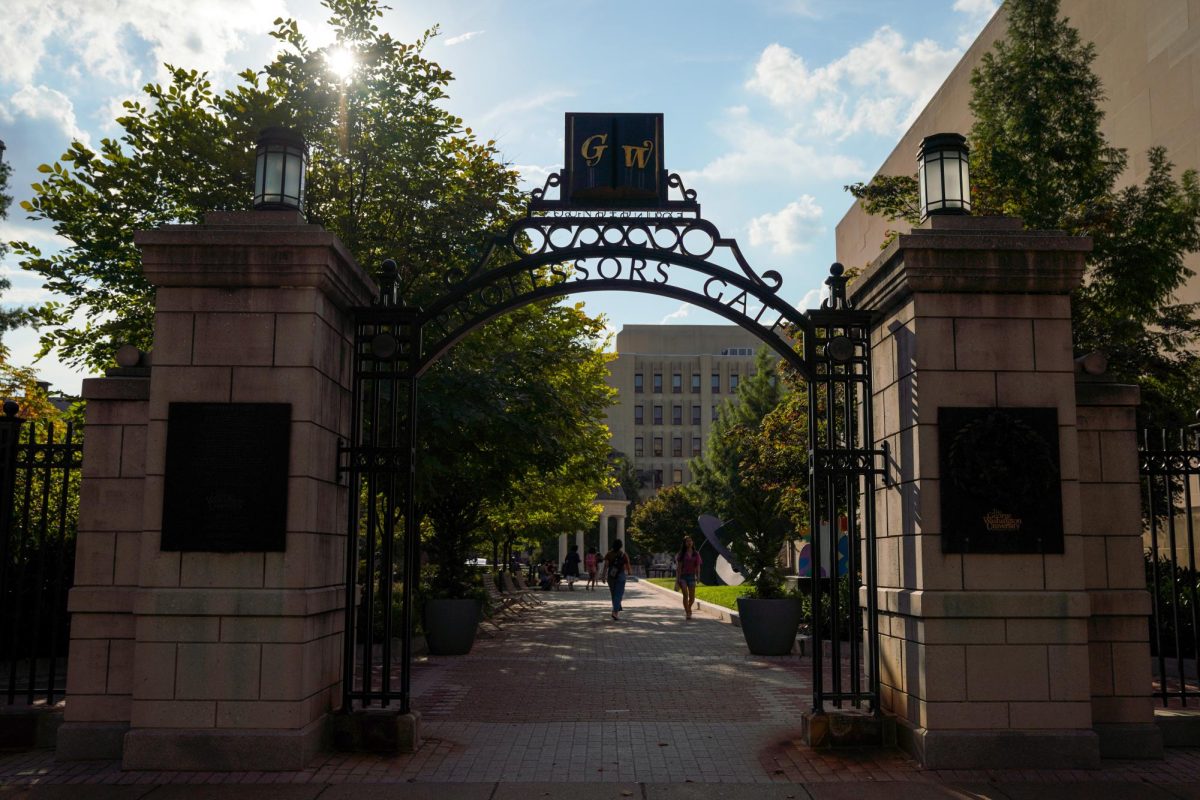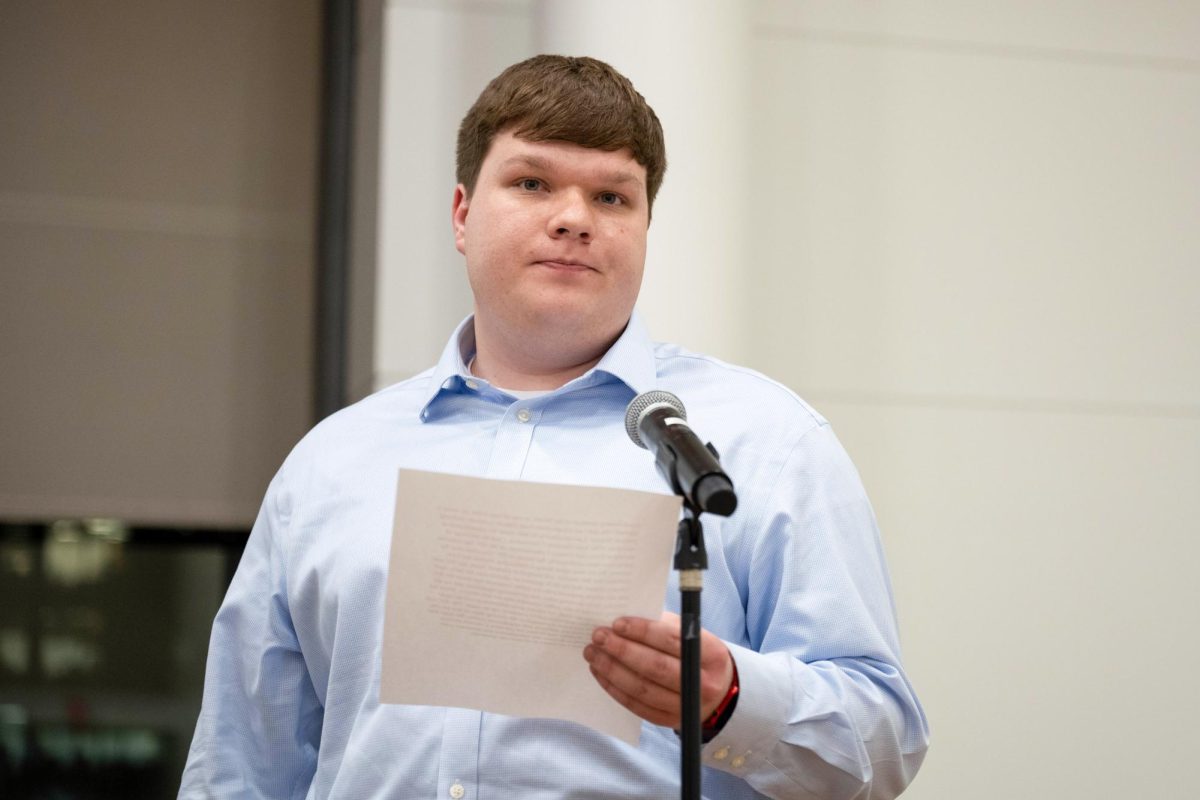A federal judge granted final approval of a $5.4 million class-action settlement against GW last week that will compensate students who had to take online classes during the COVID-19 pandemic.
U.S. District Judge Richard Leon gave final approval to the settlement between GW and a group of students and parents who alleged in a May 2020 lawsuit that the University breached contracts by neglecting to reimburse students who took online classes in spring 2020. Leon reduced the portion of the settlement fund dedicated to attorney fees from 33 to 20 percent — or from $1,799,820 to $1,080,000 — and in turn allocated a greater amount of settlement funds to affected students after two GW Law students submitted an objection to the court in early March calling the preliminary settlement’s attorney fees “unreasonable.”
GW Law students Benjamin Heidloff and Matthew West’s objection prompted Leon to delay the final approval last month, which was originally slated for April 2. Heidloff and West, who were undergraduates when the University switched to remote classes in spring 2020, objected to the settlement’s terms regarding the attorney fees and plaintiff awards and requested Leon decrease attorney fees by 15 percent to $1,530,000.
The final settlement allots $1,080,000 for attorney fees; $10,000 in service awards and other reimbursements to each of the four plaintiffs; and the remaining funds to be divided among 18,000 students who studied online in spring 2020. Before Leon lowered the attorney fees, the preliminary settlement — which Leon approved in December — estimated that each student would receive $193.
“The parties are in the process of determining the next steps in light of the Court’s order granting final approval,” the current status section of the settlement website states.
University spokesperson Julia Metjian said the University agreed to the settlement, which the U.S. District Court for the District of Columbia finally approved last week. Metjian did not specify how officials are determining “next steps,” given the final approval.
“GW, like most universities around the country, was required to stop in-person instruction and activities during the Spring 2020 semester,” Metjian said in an email. “The University quickly pivoted to remote instruction without significant interruption to student learning, a feat we celebrate.”
Mark Shaffer, a parent of a female student who attended GW during the spring 2020 semester, filed the initial lawsuit in May 2020 in the D.C. District Court, arguing that the University should partially refund his daughter and other students who paid for “tuition fees and/or room and board” during the spring 2020 semester even though officials made classes virtual in March 2020. The D.C. District Court dismissed the case in March 2021 because it did not find that GW violated contracts by not refunding students. But, the U.S. Court of Appeals for the D.C. Circuit revived the case one year later because it found that the District Court too quickly dismissed breach of contract allegations.





